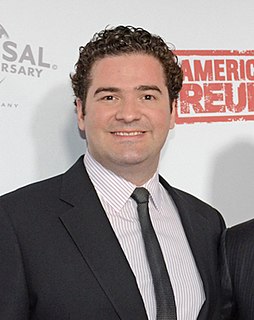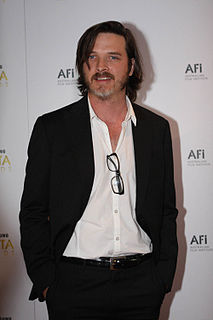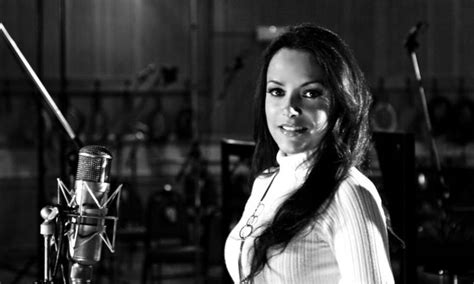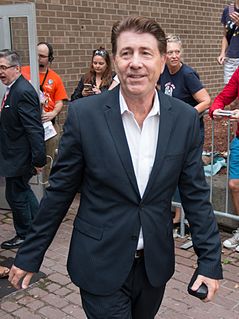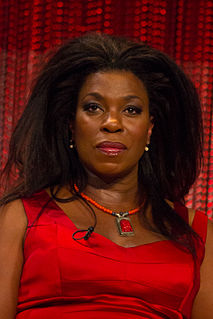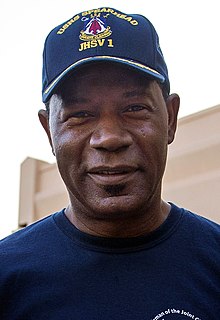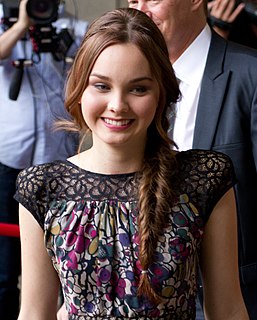A Quote by Jon Hurwitz
When we approached the project, the very first thing we did was take each character and say, "Okay, where would this character be?" We didn't want them to be caricatures of themselves. We wanted them to live and breathe, and grow with the audience and with us.
Related Quotes
I fell in love with the classical crossover genre when I was on AGT. I found out that I could use the microphone to establish a deeper intimacy with the audience. I did not portray an opera character; I was my true self. I would sing a four-to-five minute piece for the audience and then I could talk to them and say "Hi" to them! I would not need to act out scenes where my character was dying from tuberculosis or killing somebody else on stage, I could have a nice conversation with them.
I just want to portray a very honest character that displays traits that people can truly relate to and can help them - the audience and myself because I learn from the characters as well - help them see themselves in a perspective that is outside of what they know already, and grow from that experience.
This character matters so much to so many people. I want to get that right. I want to do it justice. I want people to believe in the character and have faith in the character and kids to grow up wanting to be Superman. Or, God forbid, there's people who are going through hardship and wishing that this character would turn up and save them.
People say that you want to be varied in your career, and I've done so many things and am very appreciative. But, the one thing I've never done and wanted to do was to be a regular on a TV show, where you get 22 weeks of the year to develop and play a character. I've done arcs of five or eight episodes on shows, but I'd like to have a character that's rich enough and deep enough to want to explore and live with for a few years. Playing the same character, but doing different scenes seems very exciting to me.
I definitely wanted to pay homage to what he did and use his performance in the first one as a foundation. But, I had to make it my own. I couldn't sit there and try to imitate Michael Clarke Duncan. I think that would have been disastrous. I had to make it my own. I tried to take as many nuances that he had with the character and utilize them as best I could, while creating a character that was unique to me. That's going to happen, no matter what.
I always want the audience to identify with my character in some way. I mean, sometimes you'll get characters that aren't very identifiable. Sometimes you can't relate to your character at all. I think it's important to keep the audience interested. But the best advice that I've gotten is to live in the moment.
The first thing that happens is the cleansing of the former character. I don't think a lot of actors talk about it, but there is usually a process where you essentially purge yourself of the character played prior to the movie. Then you want to think about what the character represents, and you write down all of the elements about this character and then take the time to find some synchronicity and start breathing the character.
We were in front of a live audience and I would be acting with the man who was playing my lover, and we used those words, and the audience would titter and laugh, and make me uncomfortable doing the scenes. ... I wanted to sort of stop and yell at them, "What's so funny? What's the matter with you people? Grow up!" It made me very self-conscious at times.
And, for any performer, to be able to go deep into character is fantastic. In film you only get to do that if you're the leading character. But in television you get 18 hours to really test the audience and take them to the edge of how far they will go with this character. I can step over this line and I love that.
